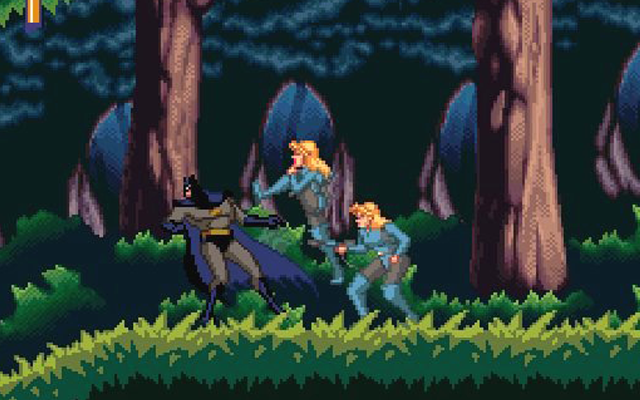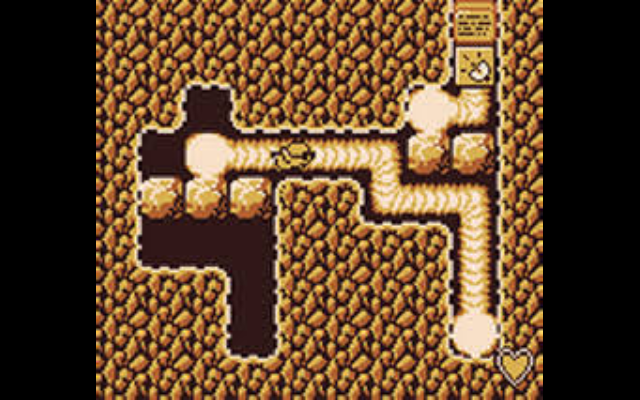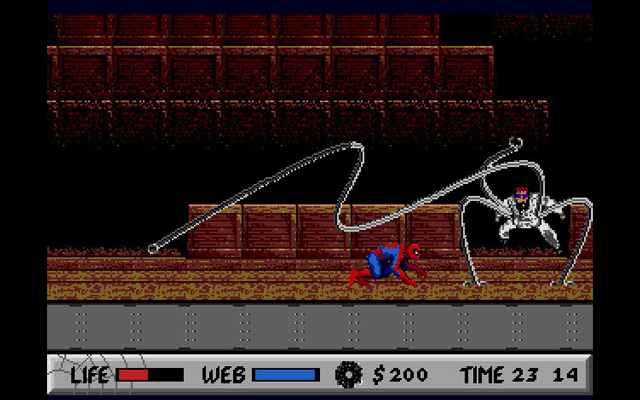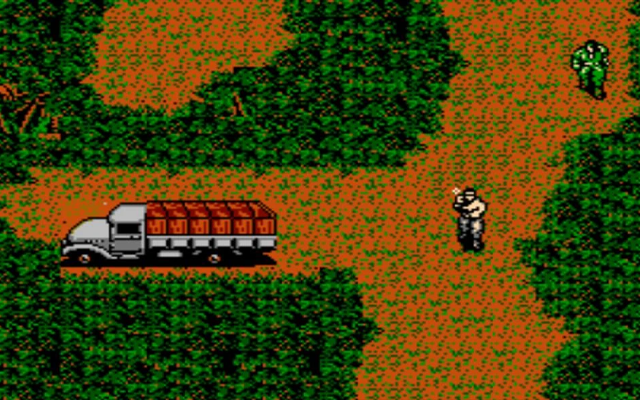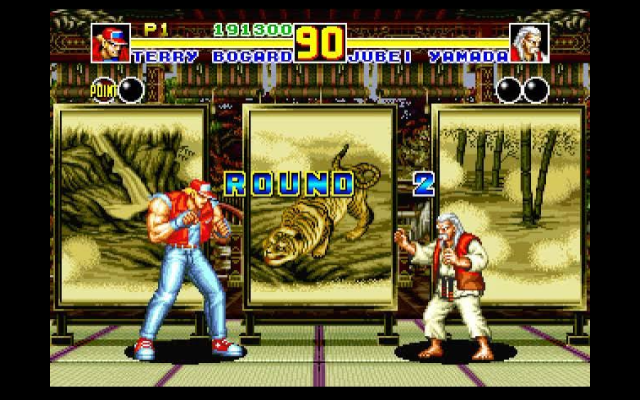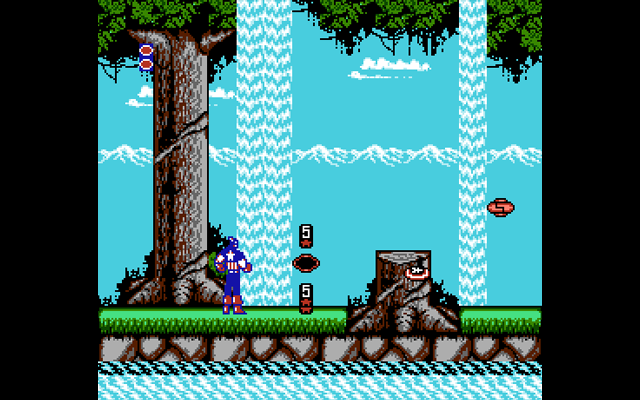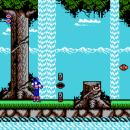The Legend of Zelda: Discovering the Timeless Adventure That Defined a Genre
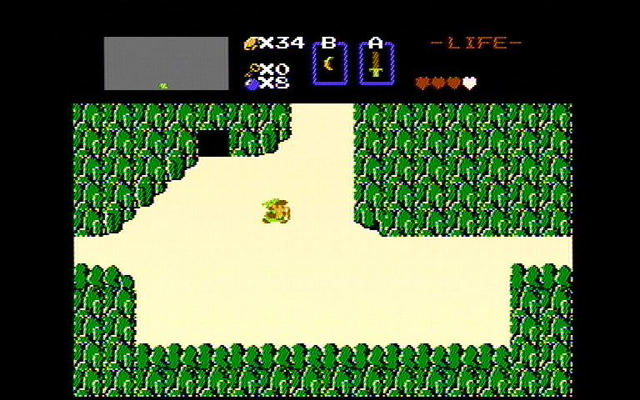
In 1986, Nintendo released The Legend of Zelda, a game that would not only define the action-adventure genre but also become one of the most beloved franchises in gaming history. Created by Shigeru Miyamoto and Takashi Tezuka, The Legend of Zelda introduced players to a vast, immersive world filled with mystery, danger, and wonder. The game’s blend of exploration, puzzle-solving, and combat set a new standard for what video games could achieve.
The Legend of Zelda follows the journey of Link, a young hero chosen to rescue Princess Zelda and save the kingdom of Hyrule from the evil sorcerer Ganon. Ganon has stolen the Triforce of Power, a mystical artifact that grants immense strength, and seeks to plunge Hyrule into darkness. To stop him, Link must find the eight fragments of the Triforce of Wisdom, hidden in dangerous dungeons across the land. Armed with his trusty sword and shield, Link sets out on an epic quest filled with peril and discovery.
What truly set The Legend of Zelda apart was its innovative gameplay and open-world design. Unlike many games of its time, Zelda allowed players to explore Hyrule at their own pace, discovering secrets, finding treasures, and tackling dungeons in a non-linear fashion. This sense of freedom and exploration was revolutionary, giving players a feeling of adventure and agency rarely seen in games before.
The game’s design encouraged players to think critically and solve puzzles. Each dungeon was a maze of traps, enemies, and hidden passages, requiring keen observation and strategic use of items. The variety of tools at Link’s disposal, such as bombs, boomerangs, and magical rods, added depth to the gameplay, allowing players to approach challenges in multiple ways.
The Legend of Zelda is also renowned for its iconic music, composed by Koji Kondo. The game’s main theme, with its triumphant and adventurous melody, has become one of the most recognizable tunes in gaming history. The music sets the tone for the adventure, enhancing the sense of wonder and excitement as players journey through Hyrule.
The game’s atmosphere is equally impactful. Despite the limitations of the NES hardware, The Legend of Zelda created a rich, immersive world. The detailed pixel art, varied environments, and intricate dungeon designs brought Hyrule to life, making players feel like they were part of an epic, unfolding story.
The success of The Legend of Zelda laid the groundwork for a franchise that has continued to innovate and captivate players for decades. Each subsequent title, from A Link to the Past to Breath of the Wild, has built upon the original’s foundation, introducing new gameplay mechanics, deeper stories, and expansive worlds. The series’ ability to evolve while retaining its core elements of exploration, puzzle-solving, and adventure is a testament to its enduring appeal.
The impact of The Legend of Zelda on the gaming industry is immeasurable. It not only set a benchmark for action-adventure games but also influenced countless other titles across various genres. The term “Zelda-like” is often used to describe games that feature similar open-world exploration, puzzle-solving, and adventure elements. The franchise’s blend of innovation, storytelling, and timeless gameplay continues to inspire new generations of gamers and developers alike.
The Legend of Zelda is a seminal work in gaming, celebrated for its groundbreaking design, captivating narrative, and immersive world. Its enduring popularity is a testament to its timeless appeal. Whether a seasoned adventurer or a newcomer to Hyrule, players are invited to embark on an epic quest alongside Link, the legendary hero.

